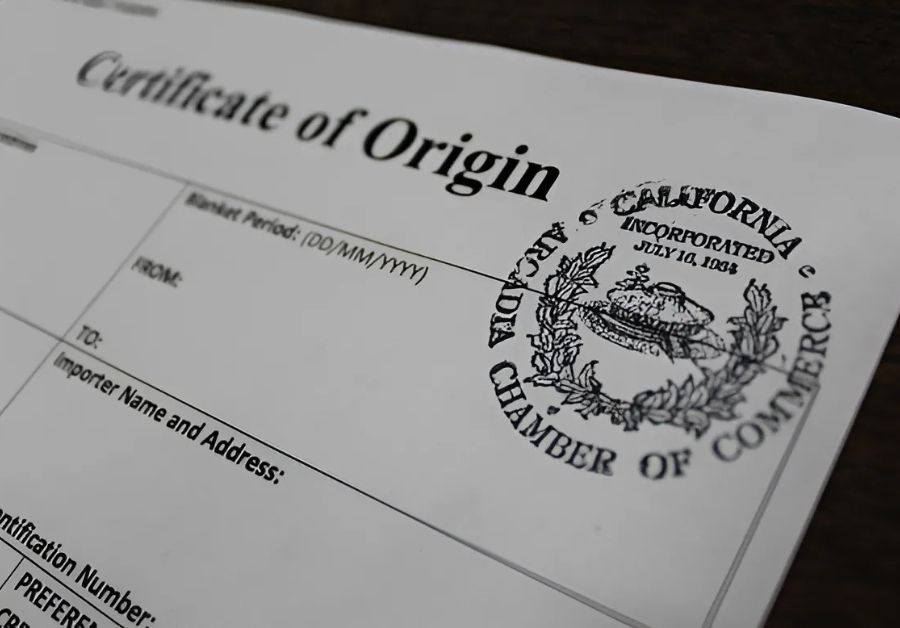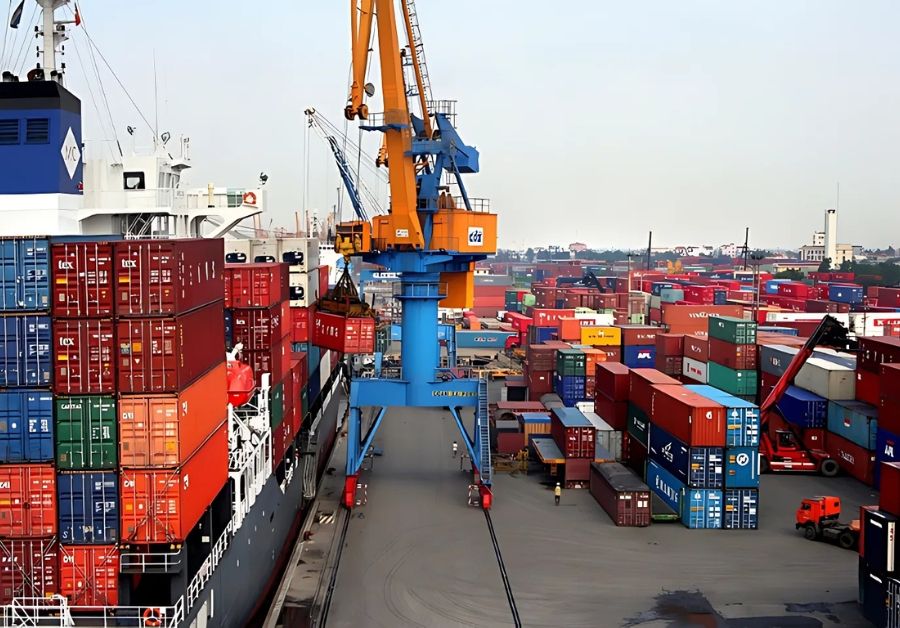Ministry of Industry and Trade revokes VCCI's C/O issuance authority: A turning point in standardizing goods origin certification

In a landmark move for Vietnam’s import-export activities, on April 21, 2025, the Ministry of Industry and Trade issued Decision No. 1103/QD-BCT, revoking the authority of the Vietnam Chamber of Commerce and Industry (VCCI) to issue Certificates of Origin (C/O), Certificates of Non-Manipulation (CNM), and Registered Exporter (REX) codes. Effective from May 5, 2025, this decision marks a significant shift in Vietnam’s origin certification system, aimed at standardizing and enhancing the country’s trade framework.
Why Did the Ministry Revoke VCCI’s C/O Issuance Rights?
The revocation aligns with directives from Prime Minister Pham Minh Chinh, signaling Vietnam’s commitment to refining its trade mechanisms. This move is not only about operational efficiency but also about boosting national competitiveness, credibility, and resilience against global trade’s “standards traps.” The decision affects key certifications, including:
- C/O Forms A, B, and non-preferential forms as per importing countries’ regulations.
- Certificates of Non-Manipulation (CNM).
- C/O Form GSTP.
- REX codes under the Generalized System of Preferences (GSP) for Norway and Switzerland.
This step strengthens the Ministry’s state management role in C/O issuance, aligning with the amended Government Organization Law effective from February 1, 2025, which emphasizes delegation to state agencies.

Changes and Responsibilities of Stakeholders
Export-Import Department
The Export-Import Department is tasked with:
- Notifying importing countries and relevant organizations about the change in C/O issuing authority.
- Ensuring seamless implementation of C/O issuance processes.
- Managing the handover of related tasks from VCCI.
E-Commerce and Digital Economy Department
This department is responsible for:
- Maintaining the electronic infrastructure of the Electronic Origin Certification System (eCoSys).
- Handling electronic C/O issuance and collecting certification fees.
- Managing REX code registrations.
VCCI
VCCI must:
- Cease issuing all types of C/O from the specified date.
- Assist businesses in transitioning to new C/O application processes as per Article 14 of Decree No. 31/2018/ND-CP.
- Cooperate in inspections and verification of origins for C/Os issued during its authorized period.
- Archive related documents as required.
- Prepare and transfer all relevant materials to the Ministry.
Importance of C/O and REX in International Trade
Certificates of Origin (C/O) and REX codes are more than mere customs formalities; they serve as “trade passports” in the global commerce ecosystem. These documents ensure that Vietnamese-branded products are genuinely produced in Vietnam and comply with strict origin rules under Free Trade Agreements (FTAs). Without standardized certification, Vietnamese goods risk:
- Losing credibility with trade partners.
- Facing stringent scrutiny.
- Losing tariff preferences.
- Damaging Vietnam’s national reputation.
A single rejected shipment could cost tens of thousands of USD, but the loss of trust in major markets like the EU or Japan is immeasurable.

Flexible Transition Policies
The decision is not just about revoking authority but also about ensuring a smooth transition to avoid disrupting exports. The Ministry has established a flexible transition period, guiding businesses using VCCI-issued REX codes to switch to the new system seamlessly.
Mr. Nguyen Anh Son, Director of the Export-Import Department, affirmed: “We will fully guide businesses through the transition to ensure uninterrupted trade. We urge the media to communicate this commitment to reassure businesses.”
Significance for Vietnam’s Trade System
Decision No. 1103/QD-BCT is a recalibration of Vietnam’s origin certification system. Previously, inconsistencies and inadequate post-verification in issuing CNM and REX codes created policy loopholes, especially in meeting stringent requirements under FTAs like EVFTA.
By transferring C/O and REX issuance from VCCI—a non-state entity—to a unified state-managed system, the Ministry aims to:
- Enhance transparency in certification processes.
- Increase accountability of issuing authorities.
- Ensure strict compliance with FTA regulations.
- Minimize risks of origin violations.
- Protect the reputation of Vietnamese exports.
Lessons from Thomas Friedman
As Thomas Friedman aptly noted, “The world is flat, but the rules are rougher than ever.” This reflects today’s global trade landscape, where traditional barriers are lowered, but technical challenges are increasingly complex.
Key takeaways include:
- Governance must be strict yet visionary and empathetic.
- Businesses need transparency, but the state must act responsibly.
- To become a regional manufacturing and logistics hub, Vietnam must standardize every C/O as meticulously as a semiconductor chip.








